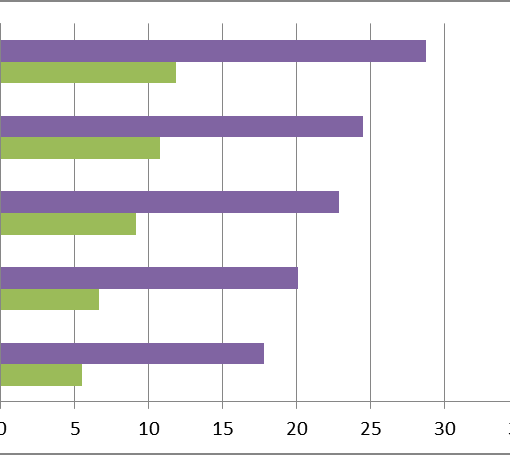If you’re someone who enjoys sports, the referees are always a source of frustration. Those who decide the rules and their application can have a major effect on the outcome of a contest.
The same holds true in the investment world, when it comes to the US Federal Reserve.
Last week, the Fed delivered a surprise. After many months of telling financial market participants that it would not raise interest rates in 2023, the Fed slightly altered government policy by moving up that timeline.

In a shift, Fed officials now expect to raise interest rates by late 2023, sooner than the signaled in March, thanks to a rapid US economic recovery and rising inflationary pressure.
In May, consumer prices jumped 5% year-over-year, the fastest pace since August of 2008.
Inflation Rethink
Inside the Fed, economists and policymakers seem more concerned about inflation than previously thought in my opinion.
The Fed revealed that 13 of its 18 board members now see an interest rate rise to 0.6% by the end of 2023. Seven of them see a hike as early as 2022.
In March, the Fed forecast keeping rates at near-zero levels throughout 2023.
In public comments, Fed Chairman Jerome Powell said the recent jumps in consumer prices were probably a transitory phenomenon, reflecting supply bottlenecks that need to be smoothed out as the US economy emerges from the pandemic-triggered slump of 2020.
Even so, in my view, it seems that the Fed’s take on inflation has changed somewhat. It is the financial market version of the referee changing how she or he will call the game.
Portfolio Strategy
In my opinion, when you are a financial market player, normally you will take government officials at their word.
However, you should always be ready for an abrupt policy change and your portfolio strategy should reflect that as well in my view.
Takeaway
Instead, you want to own a wide variety of assets which are going to operate in a way which is minimally impacted by a shift in government policy.
Yes, there will be a few holdings which cannot escape and that is pretty much unavoidable. However, in my view you want to create a portfolio which is full of assets you believe in and not dependent on interest rate policy.
In my opinion, if you are right about the underlying quality of an asset in your portfolio, the Federal Reserve isn’t going to determine its ultimate value.
Photo Credit: Kevin Dooley via Flickr Creative Commons
Disclosure
This piece is provided as educational information only and is not intended to provide invest ment or other advice. This material is not to be construed as a recommendation or solicitation to buy or sell any security, financial product, instrument, or to participate in any particular trading strategy.



